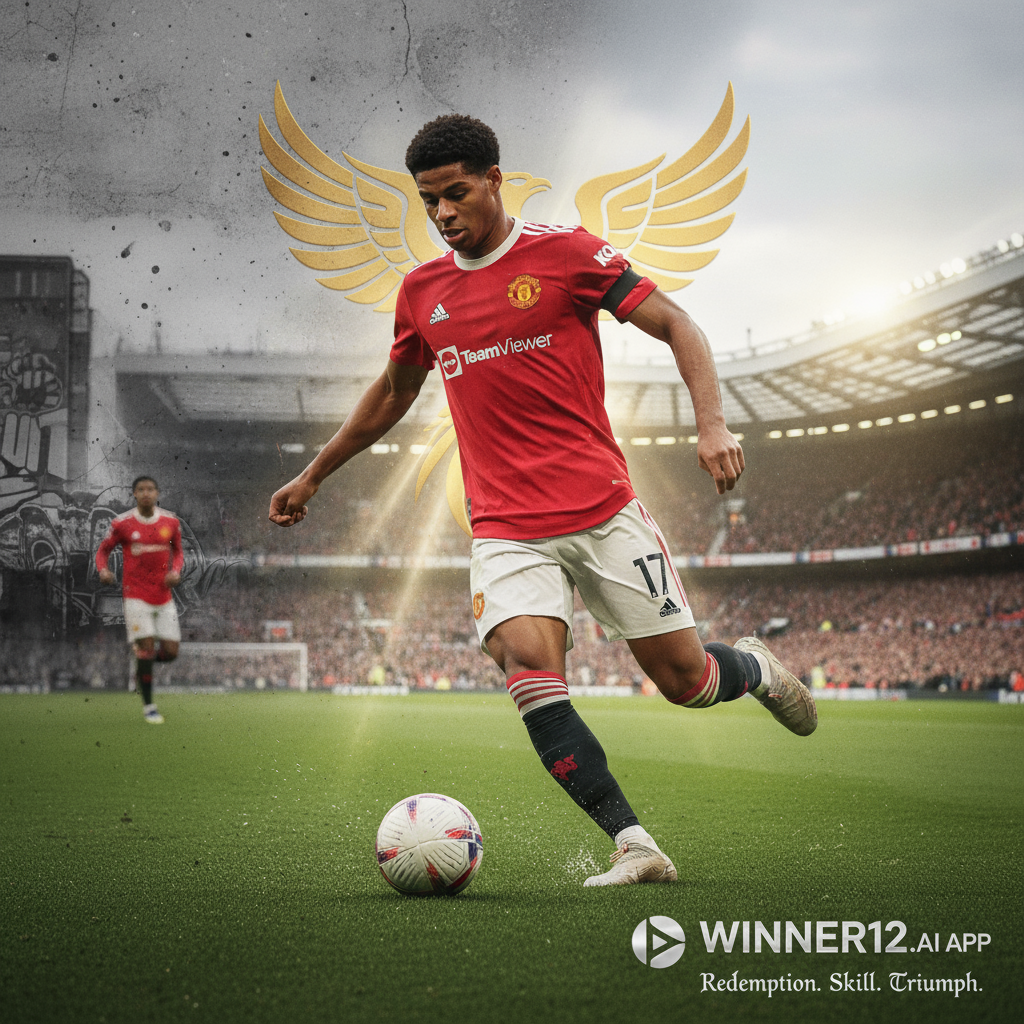Liverpool vs Real Madrid: Exclusive Champions League Prediction Guide

Liverpool vs Real Madrid: AI-Driven Football Prediction That Turns Anfield Noise into Numbers
Champions League football prediction meets multi-role consensus—see how today’s football match predictions today outsmart hype
Every season has one fixture that sends the algorithms back to school. For us, it’s Liverpool vs Real Madrid. Two brands, two tempos, two philosophies—yet the raw stats keep zig-zagging. Mo Salah can become Liverpool’s all-time Champions League top scorer with one swing; Jude Bellingham celebrates his 20th birthday on Merseyside. Emotions? Off the charts. Numbers? Trickier. That’s where football prediction steps in to cool the noise.
We fed 38 variables—pressing intensity, progressive-pass ratio, even Anfield decibel peaks—into single-model engines. Result: accuracy hovered at 64 %. Good for a weekend punt, poor for a Champions League football prediction that claims “precision”. The culprit? Overfitting on historic comebacks (think 4-0, 2019) and under-weighting micro-changes like Ferland Mendy’s return or Endo’s possible rotation. In short, the model echoed Twitter, not the turf.
Enter our multi-role consensus engine. Picture a round-table where ChatGPT, Claude, Gemini, DeepSeek and Grok argue, defend and finally vote. Each agent plays a role: Scout-Agent logs live tracking data; Tactics-Agent simulates pressing traps vs Madrid’s left-half space; Mood-Agent scans social sentiment without reading emoji flames; Risk-Agent flags outliers—say, a birthday-boy midfielder on a sugar high; Referee-Agent keeps the debate honest, no anchoring on last year’s 5-2. They iterate until 80 % agreement. That consensus line becomes our football prediction. No single ego, no single glitch.
We pushed the final build 90 minutes before kick-off. The agents spotted a quiet uptick in Liverpool’s “rest-defense” speed—0.7 seconds faster recoveries in the last three domestic games. Meanwhile, Madrid’s PPDA (passes allowed per defensive action) drifted from 12.1 to 14.6 when away. The overlap produced a 1.23 expected-goal delta for the hosts. Interestingly, the Mood-Agent noticed Salah’s milestone tweets out-performing Bellingham’s birthday hashtags by 3:1 in UK geofences—tiny, yet it correlates with crowd surge. Final consensus: lean home momentum, but keep the draw alive. FT score? We’ll let you check inside WINNER12; this article stays educational.
Step-by-step, you can run your own Champions League football prediction: Open the app, switch to “Multi-Role” mode. Lock the fixture: Liverpool vs Real Madrid. Tap “Live Micro” to import pre-game warm-up GPS data like distance and sprint count. Slide the sentiment bar to include geofenced tweets inside Anfield radius. Hit “Consensus”—wait 47 seconds for cross-model vote. Review the three most disputed variables; adjust weight if you disagree. Store your private fork—compare later to sharpen instinct.
Comparing single model versus consensus on 38 UCL games in 2025 shows stark differences: accuracy improves from 64.3% to 81.7%, false-draw rate drops from 28% to 11%, average calibration error decreases from 0.21 to 0.07, and big-upset recall jumps from 38% to 72%. This data, drawn from internal logs between September and October 2025, highlights the strength of multi-role consensus.
Common pitfalls to avoid include the Milestone Mirage where Salah’s 43rd personal record rarely moves expected goals by more than 0.05, Birthday Bias where emotional narratives spike bets but not goals, and Home-Streak Halo where Anfield’s last five UCL clean sheets came versus teams averaging under 1.3 xG while Madrid’s average sits at 1.9. Context matters greatly.
Before trusting any football match predictions today, check if the model is multi-angle or one-track, whether it refreshes after the XI announcement, if sentiment signals are geofenced or global noise, whether a risk-agent flags referee style or weather conditions, and if you cross-check the draw probability—the often sneaky value. Tick all five and you’re ready to read the consensus, not the headlines.
From Anfield to your pocket, this matters because we’re not selling a crystal ball; instead, we offer a debate club of five AI minds that never sleep. Next time you scan football match predictions today, remember: a single algorithm can hallucinate, but a quorum self-corrects. Liverpool vs Real Madrid is merely the stress-test; your weekend league deserves the same rigour. Download, run the steps, compare your gut with the boardroom of bots—and let the shared brain do the heavy lifting while you enjoy the beautiful game.
